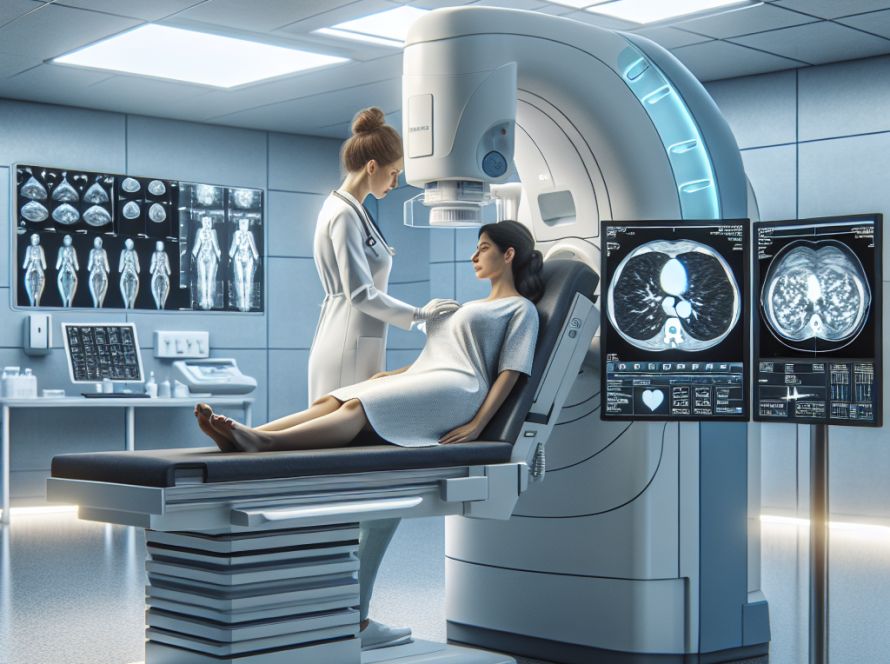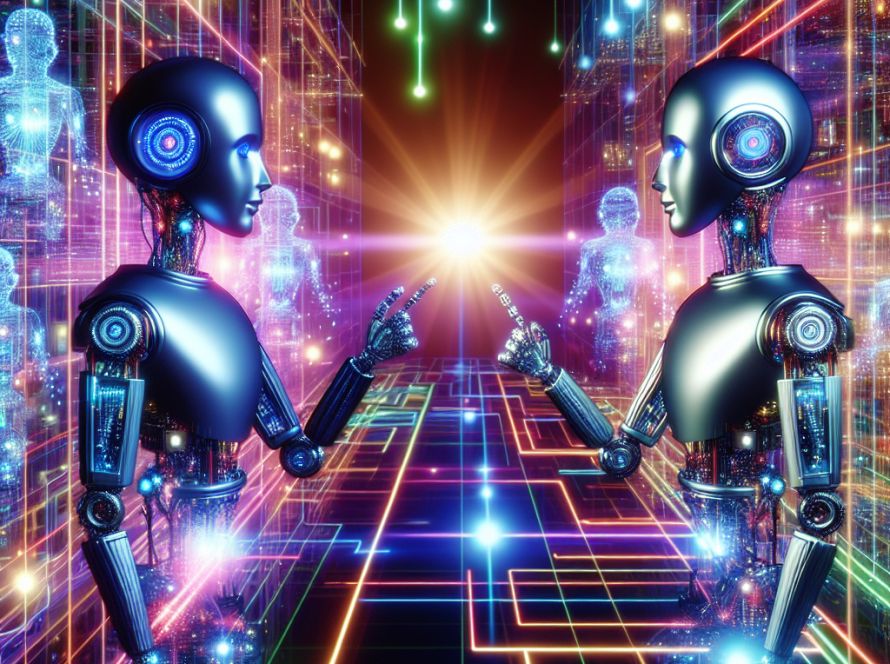Today, Anthropic, an influential AI startup significantly backed by Google and venture capital, has announced its latest GenAI technology, the Claude 3 model. Comprising Claude 3 Haiku, Claude 3 Sonnet, and Claude 3 Opus—with Opus being the most advanced—this new family of models claims to surpass the performance of OpenAI’s GPT-4, particularly in the areas of analysis, forecasting, and specific benchmark tests against other significant AI models.
Claude 3 signifies a revolutionary entry for Anthropic into multimodal GenAI, capable of understanding and processing both text and images. This new modification enables Claude 3 to process various forms of documents, ranging from photos and charts to graphs and technical diagrams—a more encompassing approach compared to certain versions of GPT-4 and Google’s Gemini 1.0 Ultra.
Nevertheless, Anthropic has decided to limit certain functionalities, such as the generation of artwork or identifying individuals in images, in efforts to navigate complicated ethical and legal considerations. Despite these restrictions, the new model is designed to deliver expressive and engaging responses and better follow multiple-step instructions, producing outputs in various structured formats.
One of the model’s significant features is its extended context window, enabling the model to have a deeper understanding of inputs and generate contextually rich responses. Claude 3 shows significant improvements in delivering accurate and reliable responses—a feature vital for businesses serving customers across various industries.
By evaluating Claude 3’s performance based on a variety of complex, factual questions designed to expose weaknesses in current AI models, Anthropic observed a significant accuracy improvement. Specifically, the Claude 3 Opus version has doubled the accuracy rate on complex questions compared to Claude 2.1 and decreased the instances of incorrect answers.
The model, however, is not flawless. Its limitations include the inability to search the web, restricting its answers to data prior to August 2023. Additionally, it demonstrates less fluency in certain languages compared to English. However, Anthropic acknowledges these challenges in its field, such as bias and hallucinations, and promises regular updates to improve its model.
Anthropic carries a grand vision that extends far beyond the current iteration of Claude 3. The company plans to create an advanced self-teaching AI algorithm capable of performing a broad range of tasks from administrative assistance to creative endeavors. This ambitious goal aligns with global efforts to advance AI systems, proving to be an exciting step in the world of technology.


